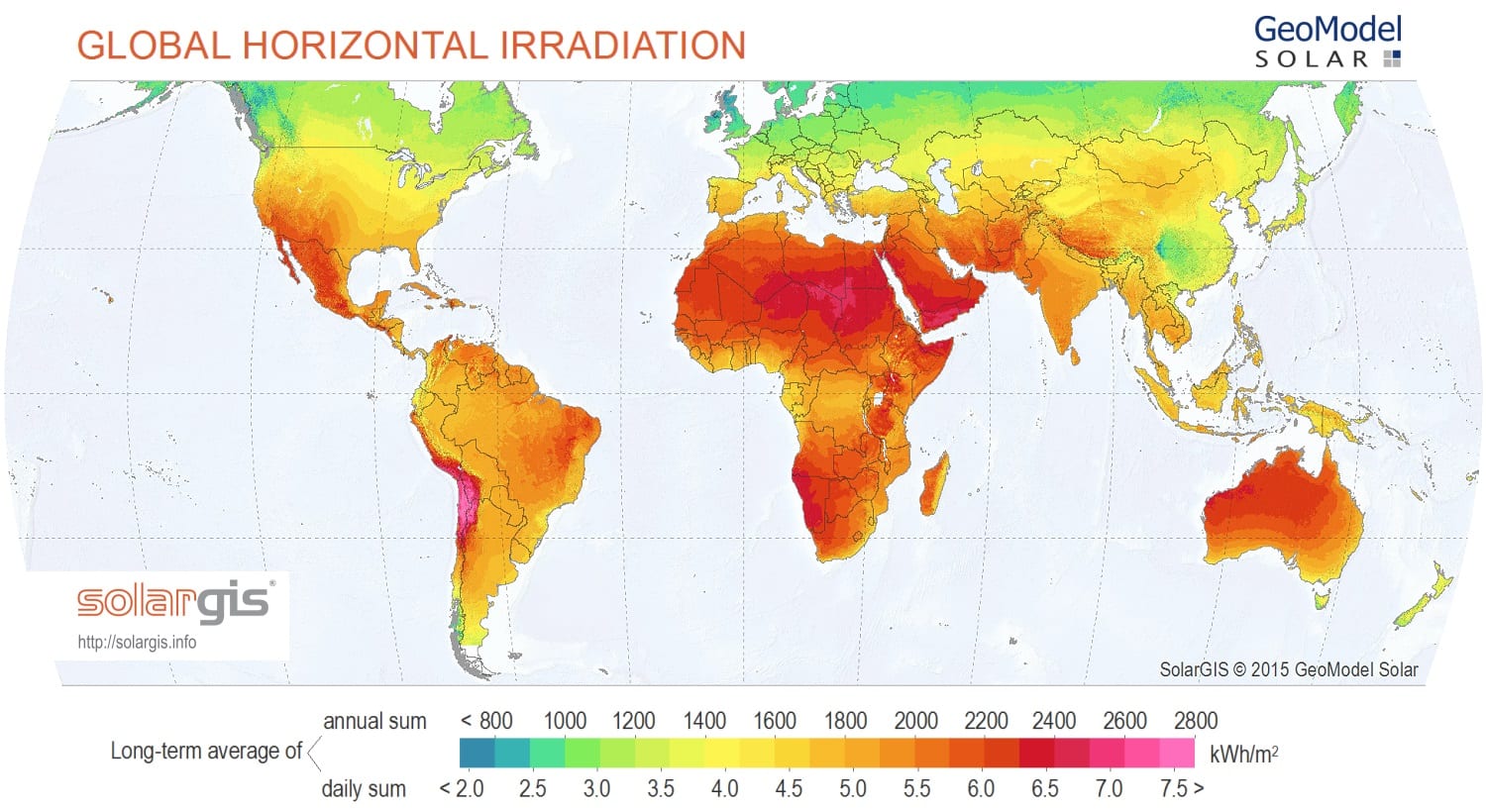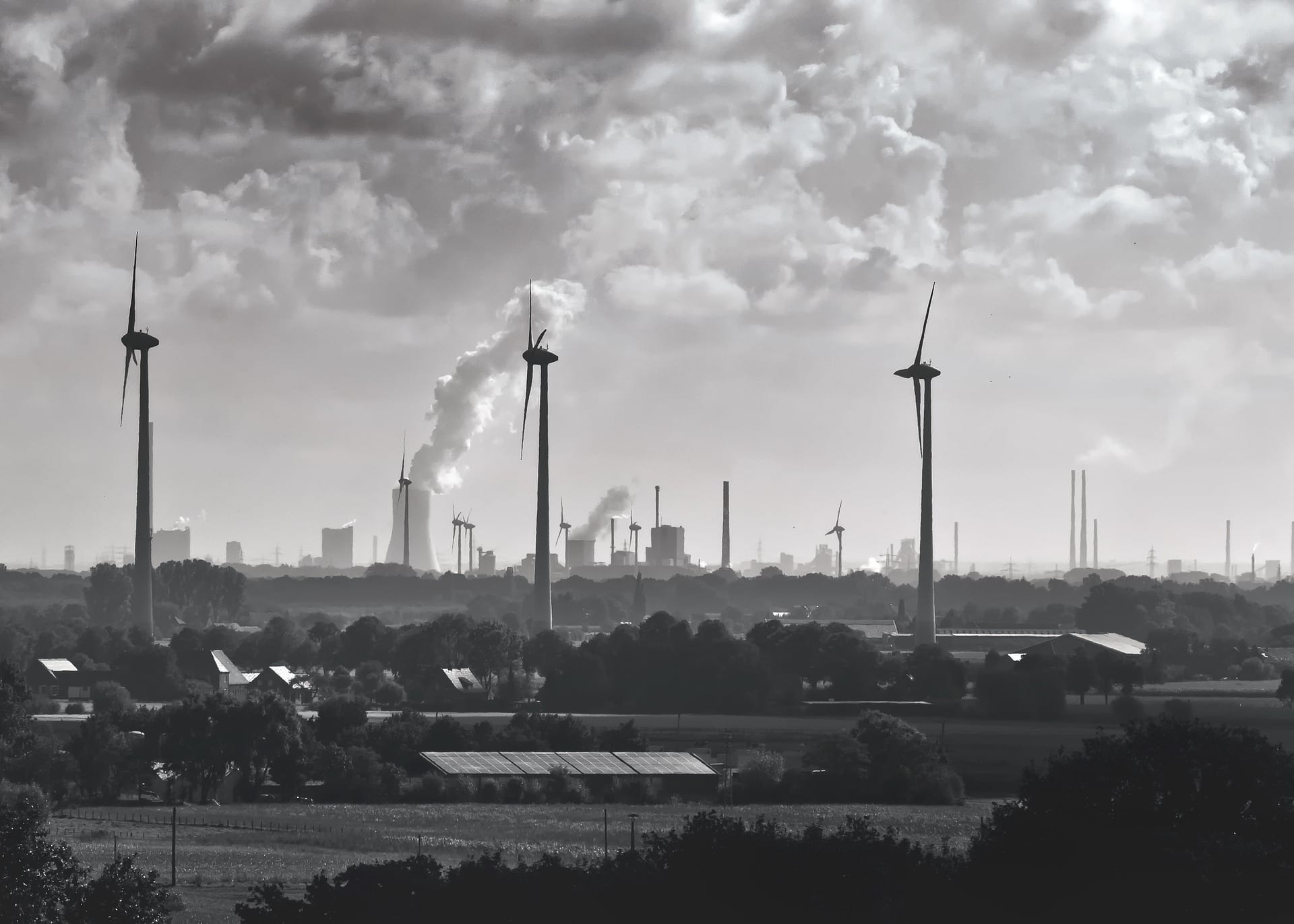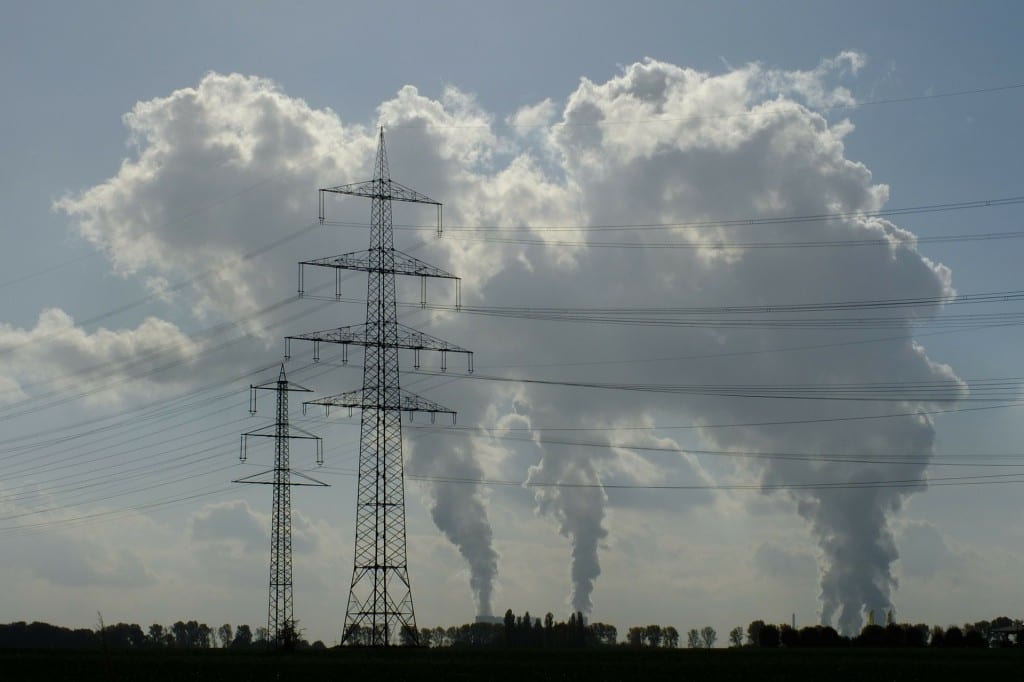The making of a globally sustainable energy system
By ucfaspy, on 14 November 2016
Blog by Steve Pye, Paul Ekins, Ian Hamilton, November 2016
As delegates at COP22 in Marrakech convene to discuss how to implement the Paris Agreement, there is a continuing focus on how to move to a sustainable global energy system. The challenge is that fossil fuels have long been the mainstay of the energy system, and an essential driver of growth. Rapidly reducing our reliance on their use is no small task, but one that is essential if we are to succeed in achieving the climate ambition set out in the December 2015 Paris Agreement. The challenge is brought sharply into focus when we consider that the global energy system accounts for 65% of anthropogenic GHG emissions[1], but will need to be a net zero-emitter at some point between 2050 and 2100.
The challenge
The barriers to this transition are immense. (more…)
 Close
Close










